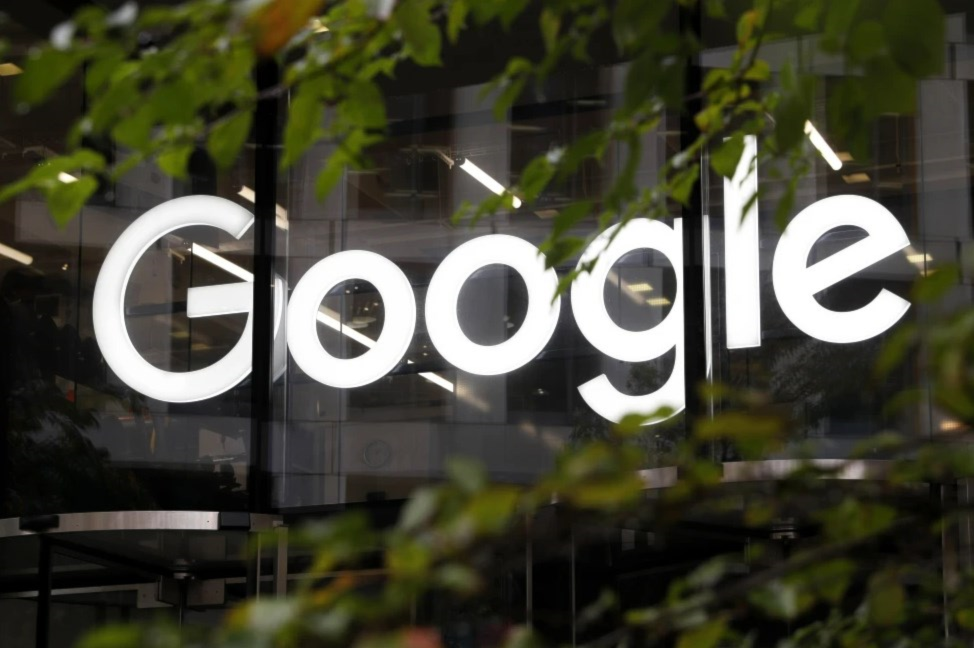US weighs google breakup following illegal monopoly ruling: Reports
The Department of Justice may require the divestment of Google's Android operating system and Chrome web browser following an antitrust verdict.
-

The Google logo displayed at their offices in London, on November 1, 2018 (AP)
A week after a judge determined that Alphabet's Google had illegally monopolized the online search market, the US Department of Justice is exploring options that could include breaking up the $2 trillion tech giant, according to reports from The New York Times and Bloomberg News.
One frequently discussed remedy among justice department attorneys is the divestment of Google's Android operating system. Officials are also considering the potential sale of AdWords, Google's search ad program, and possibly divesting its Chrome web browser.
A Justice Department spokesperson stated that they are reviewing the court's decision and will determine the appropriate next steps in line with the court’s directions and the legal framework for antitrust remedies. No decisions have been made yet, and a Google spokesperson declined to comment. Google plans to appeal the ruling and faces another antitrust lawsuit by the DOJ set to go to trial next month.
Other potential measures being considered include requiring Google to share data with competitors and implementing safeguards to prevent the company from gaining an unfair advantage in AI products, according to sources familiar with the situation.
Dive deeper
During the trial, it was disclosed that Google paid over $26 billion in 2021 alone to companies, including Apple, to maintain its status as the default search engine in Safari. The judge found that these agreements allowed Google to establish a monopoly in search and unfairly stifle competition.
Neil Chilson, a former chief technologist at the FTC, criticized the idea of breaking up Google, calling it “total wishcasting". He argued that Judge Mehta’s standard antitrust approach did not support a breakup as a feasible remedy, noting that it wouldn’t address the central issue identified by the court: exclusive contracts for default placements.
Following the ruling, the search engine DuckDuckGo suggested banning such exclusive agreements. The verdict, announced last week, concluded that Google violated antitrust laws by spending billions to create an illegal monopoly and secure its position as the world’s default search engine. This ruling is considered a significant victory for federal authorities challenging the market dominance of big tech companies.
In the past four years, federal antitrust regulators have filed lawsuits against Meta Platforms, Amazon, and Apple, accusing them of unlawfully maintaining monopolies. Previously, in 2004, Microsoft reached a settlement with the Justice Department over allegations that it imposed its Internet Explorer web browser on Windows users.

 3 Min Read
3 Min Read








